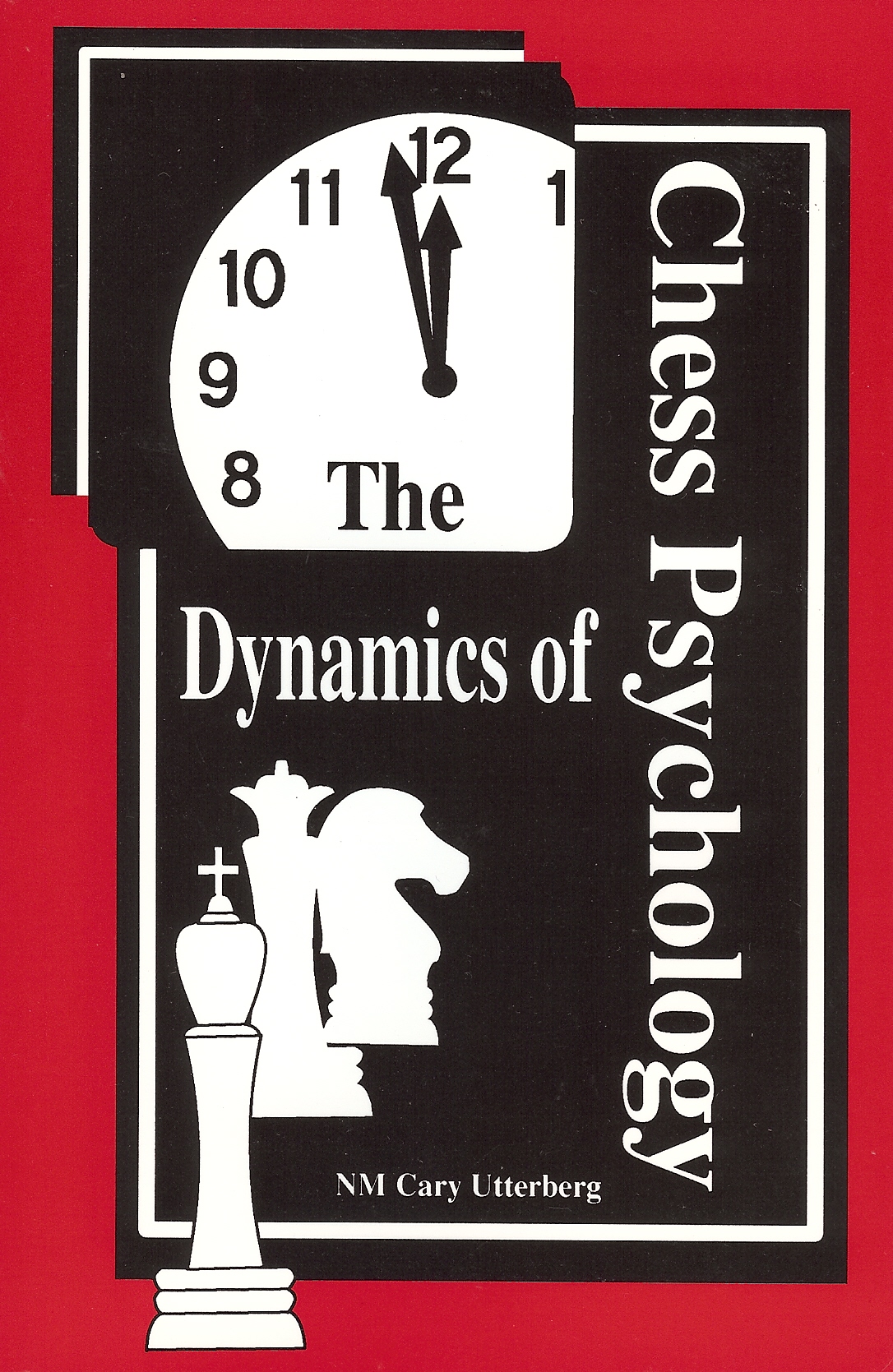The Dynamics of Chess Psychology
My first book (Chess Digest, 1994) is a study of how chess intuition has evolved. I proceed on the premise that the aesthetic character of the great masters' games, rather than their theoretical work, provides the key to their intuitive strengths and weaknesses. By persevering in this direction, playing styles are shown to be rooted in a form of natural selection (as opposed to merely descriptive terms such as "attacking" and "defending"). A broad picture is painted of this evolution, with less attention to tactical details than the interference between intuition and deductive reasoning. Although a perfect algorithm for chess will never be attained in this way, my book is more concerned with defining the boundaries of human thought when directed toward the royal game.

Publisher's Blurb
The author helps you follow the road to chess mastership with chapters on (1) Pre-History (600-1821), First Steps and examine the different "Schools," (2) The Romantic (1821-1859), The Development of Natural Talent (Editor's note: This is such an important chapter.) looking at Bourdonnais, Staunton, Anderssen, and Morphy, (3) The Classical Era (1859-1927), Chess as Science looking at Paulsen, Steinitz, Tarrasch, Tchigorin, Lasker, Rubinstein, and Capablanca, (4) The Modern Game (1927-1957), Individuality and Character examining Nimzovich, Alekhine, Botvinnik, Smyslov, Boleslavsky, and Bronstein, (5) Contemporary Chess (1957- ), The Individual in Struggle with Tal, Petrosian, Korchnoi, Spassky, Fischer, Karpov, and Kasparov. Separate chapters on Philosophical Foundations and the Importance of Aesthetics, ending with Rating and Training Understanding. This book is an all time classic. "The central problem of chess psychology is not to detail every nuance of the chess master's mind since such an approach is clearly unrealistic. This is why I have undertaken to outline those features of chess thought which defy precise formulation, giving rise to a model that acknowledges the strongly elusive nature of intuition as well as the more obvious aspects of clear, programmatic reasoning. By focusing on this fundamental division, light is shed on the proper domain of each type of thought, and the problems involved in their mutual interference are studied. Proceeding further along these lines, an evolutionary picture of intuition is developed which grounds over-the-board creativity, the historical progression of strategic laws, and the heightened sense of the initiative that has been witnessed throughout the chess world ever since the days of Alexander Alekhine."--author.